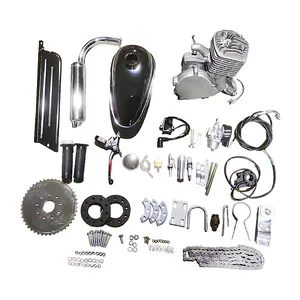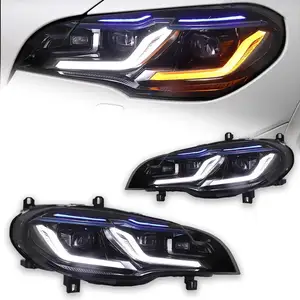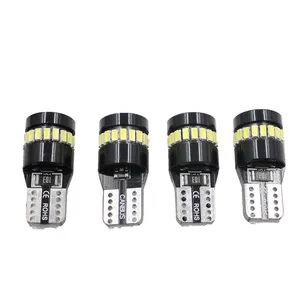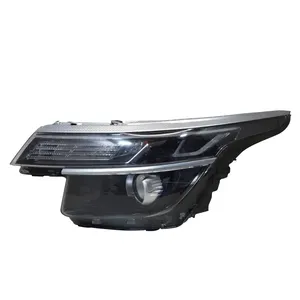Popular in your industry































































Related Searches:





















































































































































Top categories
About rpm meter mechanical
Understanding RPM Meter Mechanical Devices
Revolution per minute (RPM) meters, commonly referred to as tachometers, are essential instruments in monitoring the rotational speed of machinery. A mechanical rpm meter is a specific type of tachometer that mechanically gauges the number of rotations a rotating shaft or disk completes within a minute. These devices are pivotal in various industrial applications where monitoring the operational speed is critical for performance and safety.
Types and Applications of Mechanical RPM Meters
There are several types of rpm meter mechanical instruments, each designed to meet different industrial requirements. From analog dial meters to more advanced digital models, these devices serve a crucial role in sectors such as automotive, manufacturing, and aviation. They are used to ensure that engines, machines, and other equipment operate within safe rotational speeds, thus preventing wear and tear and potential hazards.
Features and Materials
The construction of a mechanical rpm meter typically involves robust materials capable of withstanding harsh industrial environments. These materials may include high-grade plastics, metals, and composites that ensure durability and longevity. The features of these meters often encompass a range of measurement capabilities, easy-to-read displays, and, in some cases, the ability to record data for analysis.
Advantages of RPM Meter Mechanical Instruments
Utilizing a rpm meter mechanical device comes with several advantages. Their mechanical nature means they can be highly reliable and do not necessarily require electrical power, making them suitable for environments where power supply is inconsistent. Moreover, their precision in measurement ensures that machinery operates within optimal parameters, promoting efficiency and helping to prevent mechanical failures.
Selection Criteria for Mechanical RPM Meters
When selecting a mechanical rpm meter, it is important to consider factors such as the range of measurement, the environment in which it will be used, and the level of precision required. The compatibility with the machinery it will be monitoring is also a critical aspect, ensuring that the meter provides accurate readings relevant to the specific needs of the application.
Integrating RPM Meters into Industrial Systems
Incorporating a rpm meter mechanical into an industrial setup can be a straightforward process, provided that the device is compatible with the existing machinery. These meters are designed to be user-friendly, with some offering additional features such as digital interfaces for easier integration with modern industrial systems.


































